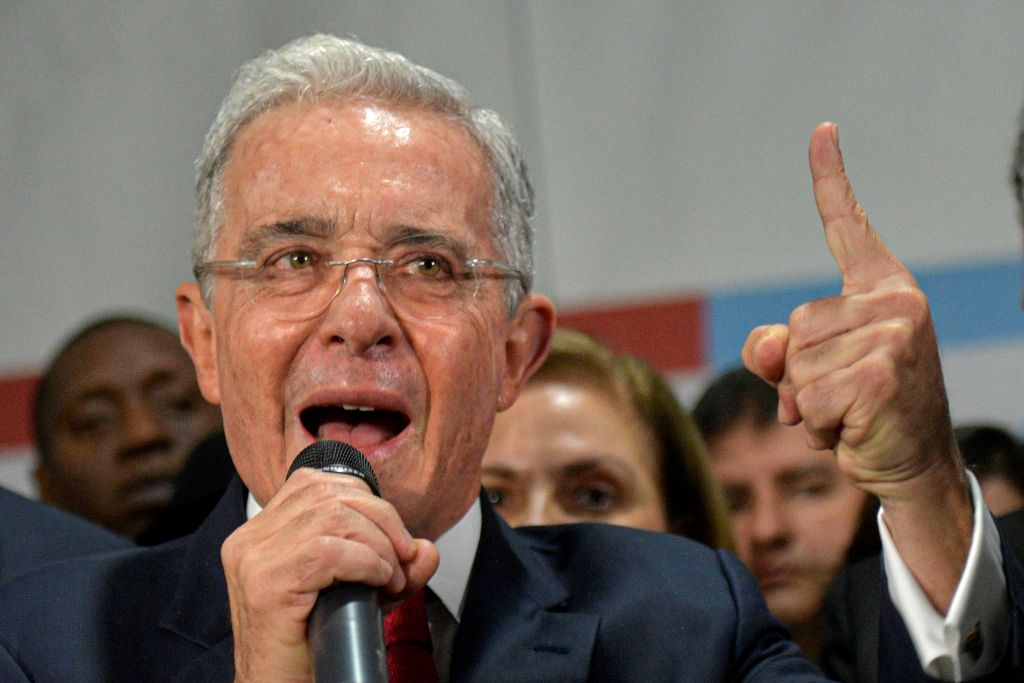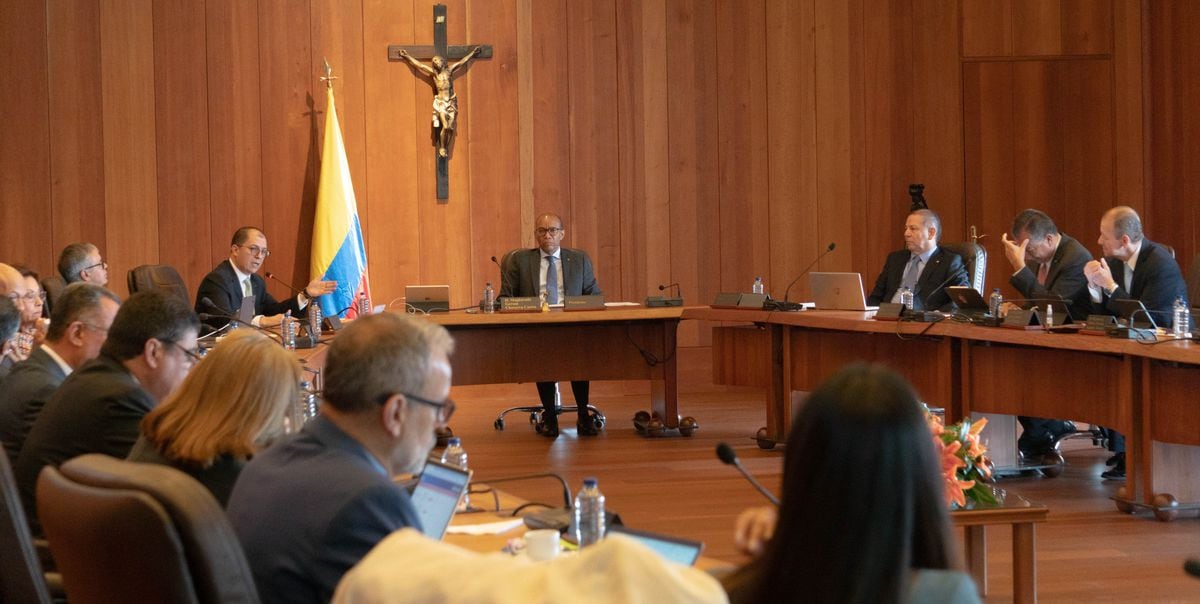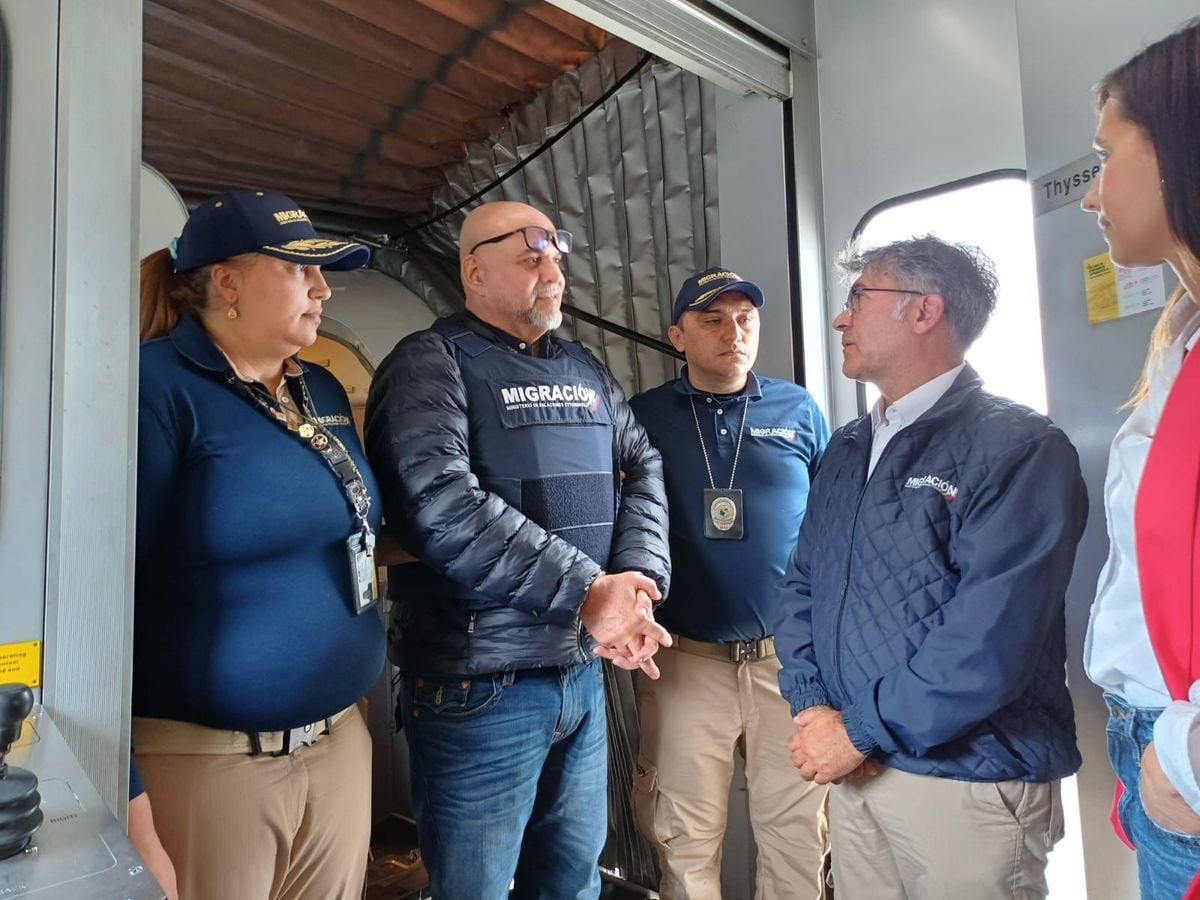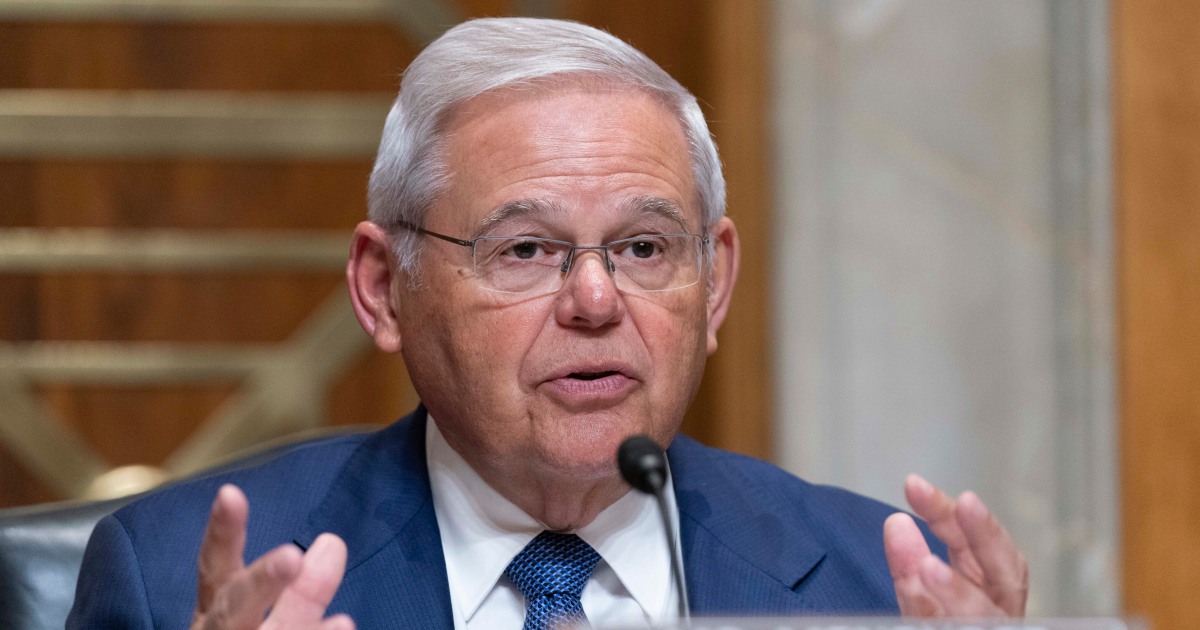Álvaro Uribe's arrest: keys to the case against him 2:27
(CNN Spanish) –– It is unprecedented news in Colombia: Álvaro Uribe Vélez is the first former president of the country to face an order for deprivation of liberty. This Tuesday, the Investigative Chamber of the Supreme Court of Justice imposed house arrest on the current senator, accused of bribery and procedural fraud.
- MIRA: Colombian Supreme Court imposes house arrest on former president Álvaro Uribe
The measure does not constitute a judgment of the Supreme Court, but is an action in the middle of the process that Uribe Vélez faces. The exmandatario has always denied the charges and this Tuesday, after learning of the decision, he published on his Twitter account that "the deprivation of my freedom causes me deep sadness for my wife, my family and the Colombians who still believe that something good I have done for the Homeland ”.
The deprivation of my freedom causes me deep sadness for my lady, for my family and for the Colombians who still believe that I have done something good for the Homeland.
- Álvaro Uribe Vélez (@AlvaroUribeVel) August 4, 2020
1. What is Uribe accused of? The beginning of the case
The case against Uribe dates back to a process for alleged witness tampering, in which he went from complainant to accused. In 2012, the former president denounced Congressman Iván Cepeda for considering that he manipulated false witnesses and accused him of offering legal benefits to ex-paramilitary prisoners to link him to these armed groups. Uribe's allegations focused on several visits by Cepeda to prison centers in which, according to the ex-president, he would have produced testimonies against the former president. From the beginning, Cepeda denied Uribe's allegations and defended his innocence.
Álvaro Uribe, in house arrest by unanimous decision 5:06There is a key witness in this legal battle, the ex-paramilitary Juan Guillermo Monsalve, currently detained, who told Cepeda in an interview, recorded by the senator in 2013, that on the "Guacharacas" estate, owned by the Uribe family, formed a paramilitary group. Monsalve's family worked on that hacienda and for that reason, they claimed to know the facts firsthand. Said statement was exposed in a debate in Congress that Cepeda promoted against the paramilitaries and, after denying the allegations, Uribe presented a case in the Supreme Court against Congressman Cepeda in 2012.
Uribe's argument was that both Monsalve and other witnesses had been manipulated and pressured to testify against him. Through his lawyers, Monsalve denied having received any legal or financial benefit from Cepeda for his statements. That was the beginning of a case, known in Colombia as that of the "false witnesses", which six years later would have an unpredictable turn.
- READ: As loved as hated: former President Álvaro Uribe is a figure that divides Colombians
2. Uribe, to the bench
In February 2018, the Supreme Court finally made a decision on the case: it not only ruled in Cepeda's favor and exonerated him, but announced that it would investigate Uribe in cases of false witnesses. The high court noted that there were no elements to conclude the responsibility of Cepeda, who "did not abuse his functions as a congressman, did not determine inmates through bribes."
He then maintained that "surprisingly", through telephone interceptions, "a very different reality from that reported" was revealed, so the high court had to investigate the former president. The Supreme Court was referring to calls in which Uribe allegedly consulted the manipulation of witnesses against Cepeda. However, at the time, the former president stated that he never spoke with the declarants and asserted that in his case there is a "persecutory spirit".
Why did they call Uribe for an investigation? 3:36Just five months later, in July 2018, the high court announced Uribe's connection to a process for the crimes of bribery and procedural fraud. In a statement, the Supreme Court indicated that the facts investigated were subsequent to the decision in which it exonerated Cepeda. "As a reaction to this judicial decision and apparently with his consent, people close to former President Uribe would have undertaken new acts of witness manipulation," added the judicial body.
In order to formally link him, the Supreme Court called him for an investigation that would be postponed for a few more months. This was the first time in the history of Colombia that a criminal investigation against a former president came to these instances
3. Uribe renders an investigation in the Supreme Court
On October 8, 2019, a crowd was stationed at the headquarters of the Supreme Court, while Uribe made his way to his investigative appointment. He entered the court with shouts: some cheered his name and others chanted "Assassin, assassin!" It was a sample of the polarization that the case, and especially the figure of Uribe, produce in the country.
"I never thought that the defense of honor, in my love for Colombia (...) would create these judicial difficulties for me," said the former president before his appointment in Court. Behind closed doors, Uribe rendered releases and the file was under analysis by the magistrates. Until this week.
Uribe arrives for investigation before the Supreme Court 7:134. House arrest order
The case returned to gain attention in recent days, while the Investigative Chamber of the Supreme Court deliberated on the case. And on Tuesday, in a decision that Colombia had never lived through, it was learned that the high court imposed house arrest on him, a court source confirmed to CNN en Español. While the news spread like wildfire in various national and international media, Uribe published on Twitter regretting the deprivation of his freedom.
What Álvaro Uribe said to CNN in 2019 about his caseIn reference to the ex-president, President Iván Duque, who came to power at the hands of the Democratic Center party led by Uribe, maintained: “I am and will always be a believer in the innocence and honorability of those who, with their example, have earned a place in the history of Colombia ». And although he said he understood "the role of the institutions and the independence of powers," he made "a call for reflection" and affirmed that he expected "the judicial channels to operate and that there are full guarantees."
Duque's position on the Uribe case, of which there was a sample this Monday before the decision, has sparked several criticisms against the current president in recent days for which some consider interference in the judiciary. Hence, multiple national and international leaders celebrated the "independence" of the Supreme Court and the need to respect its decision.
The mayor of Bogotá, Claudia López, published on her Twitter account that "no one is above the Law" and that "the decisions of the Justice are respected, they are controversial in law and they are followed."
The mayor of Bogotá published on her Twitter account that "no one is above the Law" and that "the decisions of the Justice are respected, they are controversial in law and they are followed."
No one is above the Law, that is the essence and true validity of the Rule of Law.
The decisions of the Justice are respected, they are controversial in law and they are respected.
As a citizen and mayor I respect and surround the judicial authorities. # ColombiaSeRespeta
- Claudia López 👍 (@ClaudiaLopez) August 4, 2020
Humberto de la Calle, a former presidential candidate and former government negotiator in the peace process with the former FARC guerrilla, published that “the institutional is to respect justice. The process will continue ».
The institutional thing is to respect justice. The process will continue. The fundamental agreement must begin with respect for judicial decisions. These and those to come.
- Humberto de la Calle (@DeLa CalleHum) August 4, 2020
The representative Juanita Goebertus, from the Green Alliance, pointed out that "independence in the administration of justice is an essential pillar of democracy."
Absolute recognition and respect for the decisions of the high courts.
Independence in the administration of justice is an essential pillar of democracy.
- Juanita Goebertus (@JuanitaGoe) August 4, 2020
José Miguel Vivanco, director for the Americas at Human Rights Watch, said that "the Court shows that everyone - even the most powerful - is equal before the law. Judicial independence must be respected. International community will support the Court ».
Colombia: I congratulate the Supreme Court for acting responsibly in ordering Uribe's house arrest
The Court shows that everyone — even the most powerful — is equal before the law. Judicial independence must be respected.
International community will support the Court
- José Miguel Vivanco (@JMVivancoHRW) August 4, 2020
With information from Fernando Ramos, Tatiana Arias and Melissa Velásquez.
Álvaro UribeÁlvaro Uribe Vélez


/cloudfront-eu-central-1.images.arcpublishing.com/prisa/RYAE4R2YX5G7LGEJQ74SXZI47A.jpg)



/cloudfront-eu-central-1.images.arcpublishing.com/prisa/7ZSE2B3NHBCBXJUKMVDIJEMBHI.jpg)
/cloudfront-eu-central-1.images.arcpublishing.com/prisa/UAEV4PQKWFSS6AZSG2N7HWOKZI.jpg)






